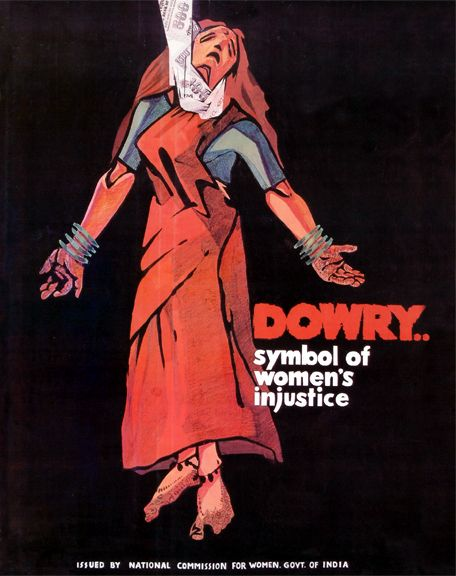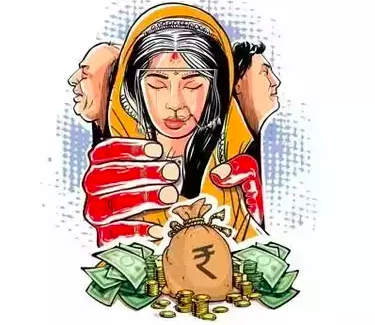Greetings to all,
I am back with another blog for everyone.
Let us talk about a problem that is here in India from generations.

Jahez, also known as dowry, is a cultural practice in many parts of the world where the family of the bride provides gifts, property, or money to the groom and his family as a condition of marriage.
While this practice has deep roots in many cultures and is often viewed as a way of providing financial security for the bride, it has also been the source of significant controversy and criticism.
The practice of jahez has been associated with a range of negative consequences for women and their families. In some cases, the demands for high dowries can create significant financial burdens for families, leading to debt, poverty, and even violence.

In other cases, the expectation of a high dowry can result in discrimination against girls, leading to lower rates of education and opportunities.
Furthermore, jahez can reinforce gender inequality by perpetuating the idea that women are a financial burden to their families and that their value is determined by their ability to provide for their husbands and in-laws.
This can lead to women being viewed as commodities rather than equal partners in a marriage.

Efforts to combat the negative consequences of jahez have taken many forms. Some countries have passed laws banning the practice, while others have launched awareness campaigns and education programs to promote gender equality and discourage the practice.
There have also been efforts to promote alternative traditions, such as giving gifts to the bride instead of the groom.
While jahez remains a deeply ingrained cultural practice in many parts of the world, there is growing recognition of the need to address its negative consequences.
By promoting gender equality and empowering women, we can help to create a world where marriages are based on love, respect, and mutual partnership, rather than financial transactions.
thank you